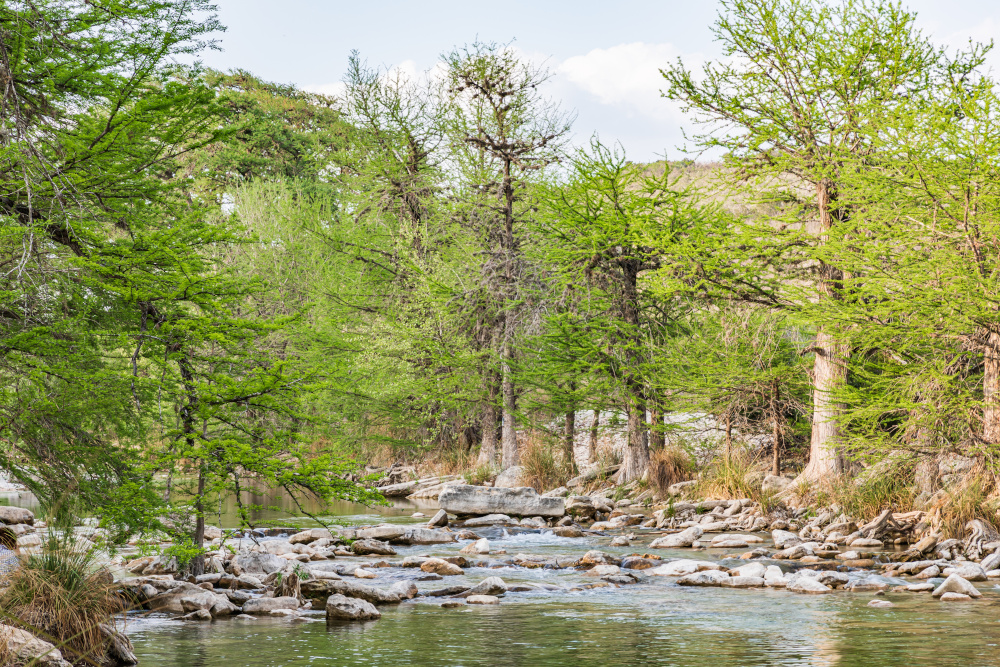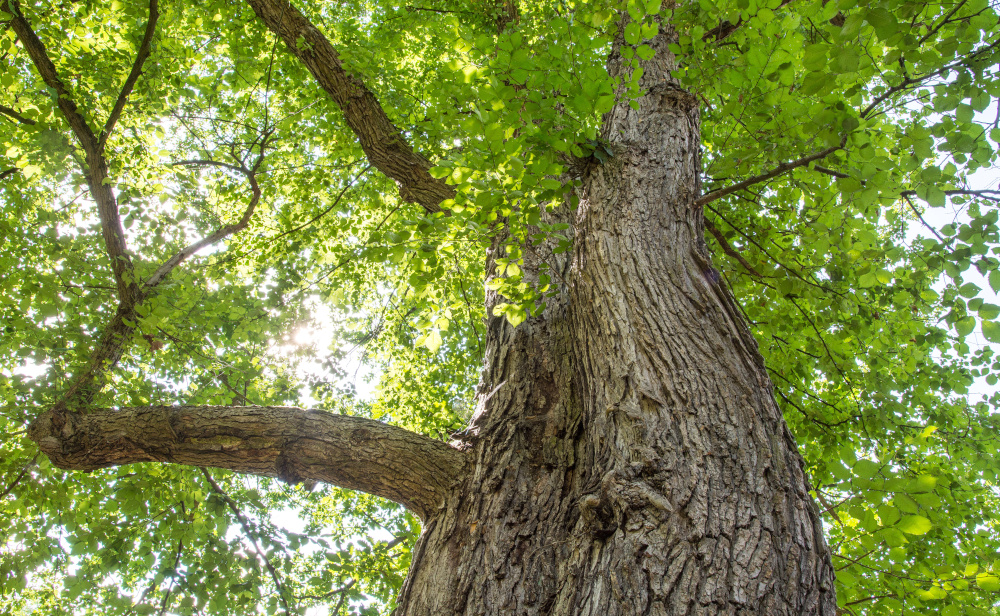Winter Allergy Alert: Texas Tree Pollens to Watch Out for in February
Winter allergies are reaching their highest point in Texas, filling the air with particles that make our eyes water and induce constant sneezing. As we gear up for February and the end of Winter, we must be mindful of specific winter tree pollens that might lead to allergy flare-ups. Here’s a breakdown of what to expect and how to cope.

Introduction:
In the heart of Winter, Texas is not immune to the sneeze-inducing assault of pollen. As February approaches, the Lone Star State is set to witness the peak of winter allergies, with various trees releasing copious amounts of pollen into the air. Let’s explore which trees are the culprits and what allergy sufferers should brace themselves for.
Red Cedar:
In February, Red Cedars bloom right after the coldest part of the year. Their pollen-laden cones release a flurry of allergens into the air, causing symptoms such as:
- Blocked nasal passages
- Watery and itchy eyes
- Skin irritation
- Sneezing
- Loss of smell
- Sore throat
Ash Trees:
Be aware that Ash Trees only become bothersome in spring. In Texas, their pollen grains take flight as early as the end of January, traveling great distances across the expansive state. The Ash Tree’s allergy season spans until the end of April, potentially causing:
- Wheezing
- Sneezing
- Itchiness in eyes and throat
- Cold-like symptoms
Elm:

Elm trees peak in pollen production during February and March, aligning with the Red Cedar and Ash seasons. Elm tree pollen, resembling fine powder, can cause concentrations high enough to trigger symptoms like:
- Congestion
- Runny nose
- Itchy eyes
Practical Tips:
To alleviate discomfort during this peak allergy season, consider the following:
- Keep windows closed during high pollen periods.
- Use air purifiers to reduce indoor allergen levels.
- Wear sunglasses to protect your eyes from airborne allergens.
As we navigate the upcoming months, staying informed about prevalent tree pollens empowers allergy sufferers to take proactive measures. Recognizing symptoms early and implementing preventive strategies can make a significant difference in managing the discomfort caused by winter allergies in Texas. So, keep those tissues handy and take charge of your allergy defense!